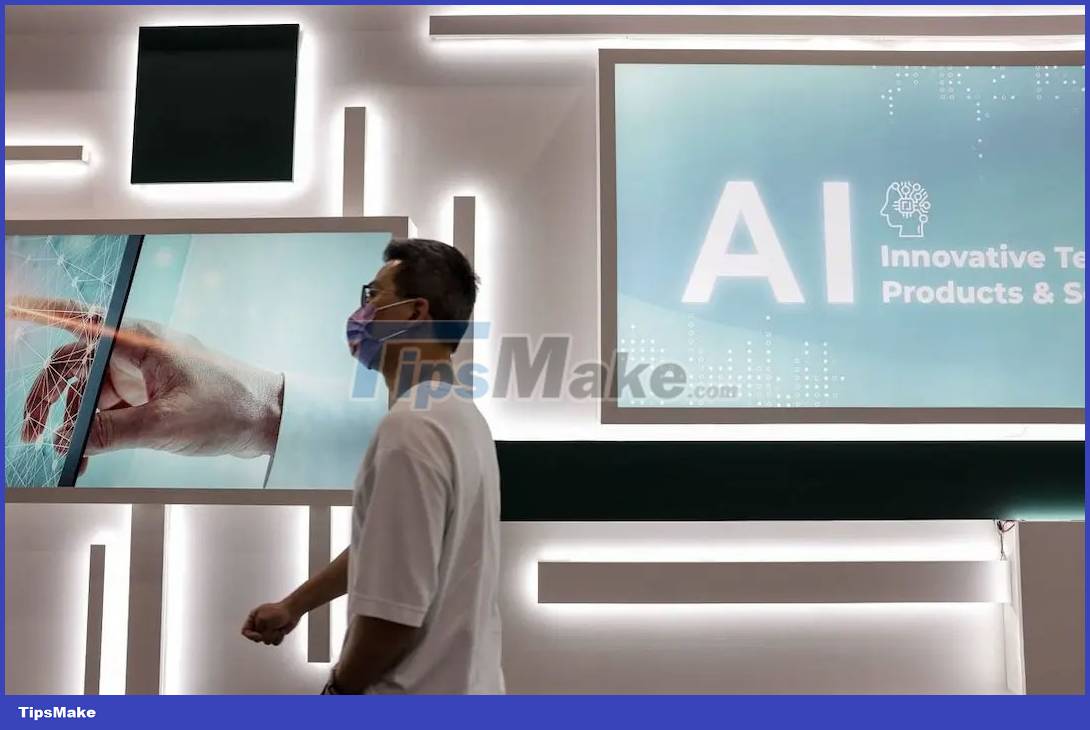300 million full-time jobs could be lost to AI
Artificial Intelligence (AI) products are present in most labor fields from assembling and operating heavy machines to patient care, restaurant service. According to a report by Goldman Sachs , AI will likely compete with human labor and impact 300 million jobs worldwide.

According to Goldman Sachs, two-thirds of jobs in the US and Europe could be automated to some degree. Over the next 10 years, the use of AI technology can also increase labor productivity and increase global GDP by up to 7%.
The report shows that the most automated jobs are administrative and office support jobs at a rate of up to 46%, followed by legal positions (44%) and related jobs. to architecture and engineering is 37%.
Mr. Chris Stokel-Walker - Technology reporter for The Guardian said that tools like ChatGPT have been used by some law firms in the UK to draft basic legal documents. They said that this AI tool is likened to a company intern, and can grasp their job quite well even though it is not as proficient as long-time employees.
Goldman Sachs predicts that, as artificial intelligence (AI) products develop widely on a global scale, up to 300 million full-time human jobs could be replaced. The countries and regions whose human resources industry is most impacted by the development of AI are Hong Kong (China), Israel, Japan, Sweden, the US, and the UK.
Meanwhile, the percentage of human resources most likely to be replaced by AI in countries such as India, Kenya, Vietnam, mainland China, Nigeria, and Thailand is lower, with a rate of 15% or less.

Artificial intelligence could replace up to 4 million, or 14%, of South Korean jobs over the next two decades, a central bank study said, adding to a series of warnings about impending disruption to labor markets worldwide.
High-income workers with good educational backgrounds face a greater threat because AI can handle analytical work, said a group led by Oh Sam-il at the Bank of Korea. and their perception is easier. Chemists, doctors, lawyers, accountants and property managers are among those most threatened, while those in the religious, food service, teaching and singing sectors are those least affected.
South Korea currently has one of the highest robot adoption rates in the world as it tries to minimize the impact of an aging population. However, the country still ranks among countries with low AI usage.
BOK research reaffirms the growing view that, while AI is a game-changer, causing a productivity boom, it could also cause white-collar jobs around the world to fall into anarchy.
A report by Goldman Sachs this year estimated that 300 million jobs globally could be exposed to Generative AI like OpenAI's ChatGPT, although the technology could ultimately increase global economic output by 7% in the near future. a decade.
BOK research says AI will drive demand for so-called STEM - science, technology, engineering and mathematics education - along with soft skills such as communication and teamwork. The team's research is based on methods used by Michael Webb, an economist at Stanford University.
You should read it
- ★ Watching pictures painted by artificial intelligence, everyone thinks that is the work of a true artist
- ★ 6 steps to start learning artificial intelligence programming (AI)
- ★ What happens if aliens are artificial intelligence?
- ★ How can the AI see us behind the walls?
- ★ Review important milestones in the history of more than 60 years of artificial intelligence development